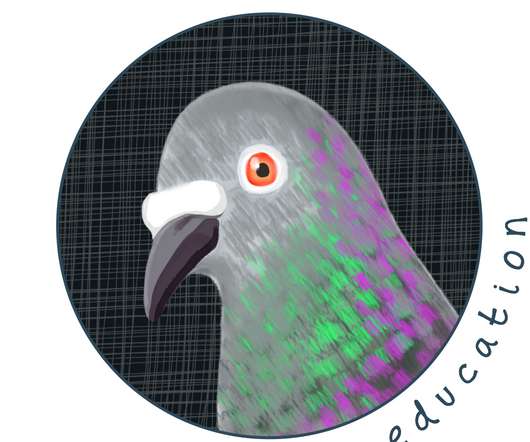Pushback Is Growing Against Automated Proctoring Services. But So Is Their Use
Edsurge
NOVEMBER 13, 2020
It may be the biggest question in college edtech during the pandemic: Should tests be allowed to robotically watch students? Companies including ProctorU have long offered human test-watchers who sit in call centers and look in on test-takers through their webcams. This might be a good opportunity to rethink assessment,” he says.














Let's personalize your content